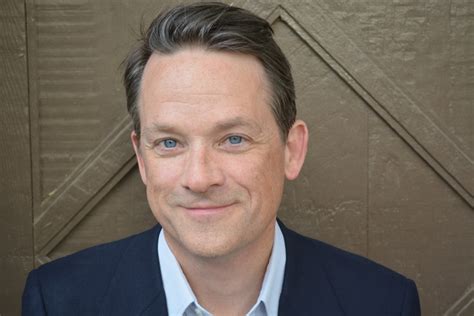A Quote by David Papineau
I say that there is nothing deficient about our current theoretical grasp of mind-brain identities. The problem is only that they are counter-intuitive.
Related Quotes
Of course, there remains the question of why we should find mind-brain identities so persistently counter-intuitive, if they are true. But this is a simple psychological question, and there are a number of plausible explanations. Indeed this is a topic that is quite extensively discussed outside philosophy, by developmental psychologists and theorists of religion among others, under the heading of 'intuitive dualism'. It is rather shocking that so few of the many philosophers working on 'the explanatory gap' are familiar with this empirical literature.
Physics has entered a remarkable era. Ideas that were once the realm of science fiction are now entering our theoretical ? and maybe even experimental ? grasp. Brand-new theoretical discoveries about extra dimensions have irreversibly changed how particle physicists, astrophysicists, and cosmologists now think about the world. The sheer number and pace of discoveries tells us that we've most likely only scratched the surface of the wondrous possibilities that lie in store. Ideas have taken on a life of their own.
One advantage of exhibiting a hierarchy of systems in this way is that it gives us some idea of the present gaps in both theoretical and empirical knowledge. Adequate theoretical models extend up to about the fourth level, and not much beyond. Empirical knowledge is deficient at practically all levels.
An open mind, in questions that are not ultimate, is useful. But an open mind about the ultimate foundations either of Theoretical or of Practical Reason is idiocy. If a man's mind is open on these things, let his mouth at least be shut. He can say nothing to the purpose. Outside the Tao there is no ground for criticizing either the Tao or anything else.
Even if we ignore the 'non-theoretical' knowledge which we acquire through experience (such as the knowledge of what something tastes like) and concentrate on theoretical knowledge, there is no good reason to think that physics can literally give the theory of everything. Here I want to be really pedantic. Although everything may be subject to physical law, not everything can be explained or described in physical terms. Physics has literally nothing to say about society, morality and the mind, for example - but of course these are parts of 'everything'.
Any fitness expert will tell you that a strong core is the start to a strong and healthy body. The same is true with our identities. It's about strengthening our core, which requires digging past all of the surface identities that crowd our nametags and remembering that at the deepest level we are God's masterpiece. The stronger our knowledge of the core of who we are, the better we'll be able to deflect the old names and false identities that try to own us.
All of the agreed-upon pariahs throughout pop-culture history put their identities into the thing we decry. And yet we derive our own identities from the act of hating. We connect on the things we are disappointed in. Some may argue that nothing in history gathers a crowd like complaining about Lady Gaga's meat dress.








































